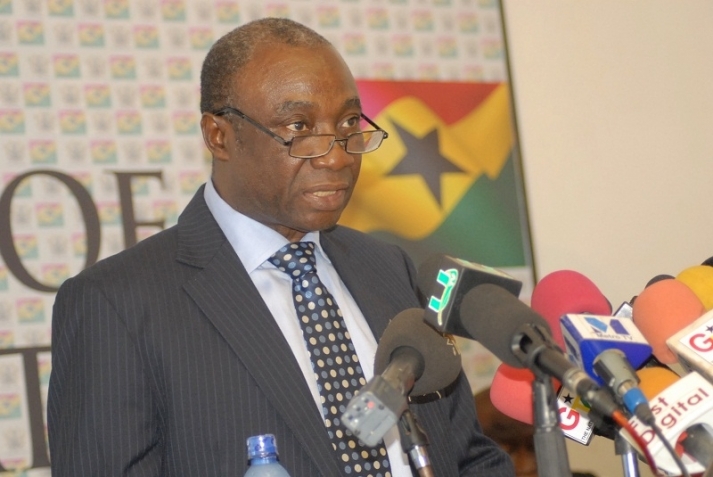
The utilities regulatory body is sorting views from the general public and industry stakeholders in the power sector including the Civil Society Organizations to arrive at a decision to grant the request by the Electricity Company of Ghana to increase the cost of power by up to 120% or better still reduce the percentage increments they are seeking to pass on to consumers for power consumption.
Similarly, The President, H. E John Dramani Mahama has been speaking in recent times of the need to increase the utility tariff for electricity. In an interview a couple of weeks back on Ghana Broadcasting Corporation’s Garden City Radio in Kumasi, the President said, “If we want improved service by the power company then we need to pay more.”
But there have been some vehement opposition to the call for increments by some section of the consuming public. Reason being that, the perennial power shortage has affected businesses and households in the country; it has increased the cost of production for businesses and made life unbearable in a way, some analysts are of the view that the present economic challenges bedeviling the country makes the call for tariff increments unjustifiable. Industry players say it will be untimely for the Public Utilities Regulatory Commission (PURC) to increase utility prices without an improvement in the quality of service to customers. It is believed the increment will be finally borne by producers who will pass on to the finally consumers of their goods and services and will exacerbate the economic woes further. Others are of the opinion that, it is time we as a country “swallow a bitter pill” by paying more for power so we can empower ECG to provide uninterrupted power supply as they’ve promised to do if consumers pay more for power. Under Pressure Power Minister, Dr. Kwabena Donkor has stated Ghana was shifting from cheaper means of generating power, hence the need to pay a cost reflective tariff to cover the cost of generation as well as expand the capacities of the systems in place to guarantee the stability of power.
“The days of cheap power are over. We have to turn to other sources of power which will not come cheap,” he stated.
Ghana Talks Business’ Paa Swanzy-Essuman had a chat with Mr. Ebenezer Baiden, the General Manager for Governmental Affairs and also a member of the Tariff Team at Electricity Company of Ghana.
The justification for ECG’s tariff proposal is very simple, according to Mr. Baiden. First, we should be able to pay for the cost of power plants and new power plants. According to the energy economist who is in-charge of liaising between government and the Power Company, occasional plants refurbishments and acquisitions is vital to ensure sustained supply of power.
The second issue is that ongoing expansion works which will provide customers with enough capacity for use of electricity even at peak hours and minimize congestion and low voltages must be completed and fully paid for in the distribution service charge.
The third reason is that preventive and routine maintenance schemes must be introduced to reduce network downtime. And routine maintenance is cost and required investments.
From 2013 to 2015, ECG had to mobilize Ghs 1.4 billion to invest in the above areas. It has gotten to a level where we are underpricing the commodity to our customers and therefore the banks are not giving us loans to invest in the distribution grid.
We must invest in the quality of service projects to bring our services closer to the door steps of our customers, he further reiterated.
Lastly, the exchange rate has reduced the value of ECG’s distribution service charge by over 50% and this must at least be restored. These reasons, Mr. Baiden contends when tackled and tariffs increased subsequently will go a long way to ensure interrupted power supply.
However, over the years, analysts believe the inefficiencies in the system is the chief culprit in ECG running losses. Most government institutions and bigger corporations owe ECG to the tune of millions of Ghana cedis and these revenues if collected and used judiciously in proper investments in pipes and efficient management of the system will solve the problem of Dumsor in some way.
Would we ever see an end to the revenue collection inefficiencies whereby ECG will build robust systems to rake in revenues from all sources, or would the general public take on board this huge financial burden in the hope of an “uninterrupted power supply” only to see further inefficiencies with revenue collection? Should this occur would this dream of permanently putting an end to dumsor ever be realized?
Author: Paa Swanzy-Essuman || p.swanzy@ghanatalksbusiness.com









